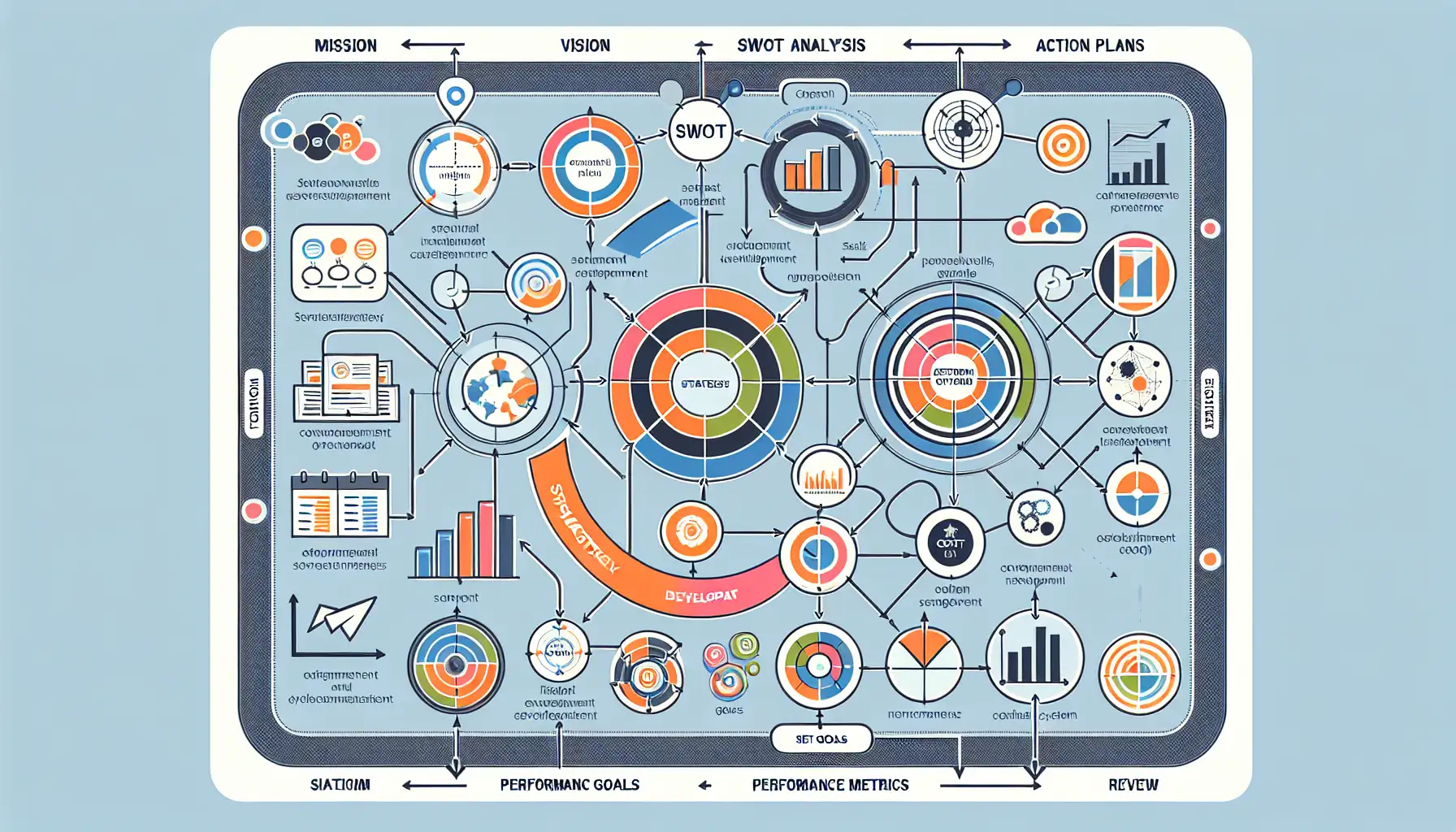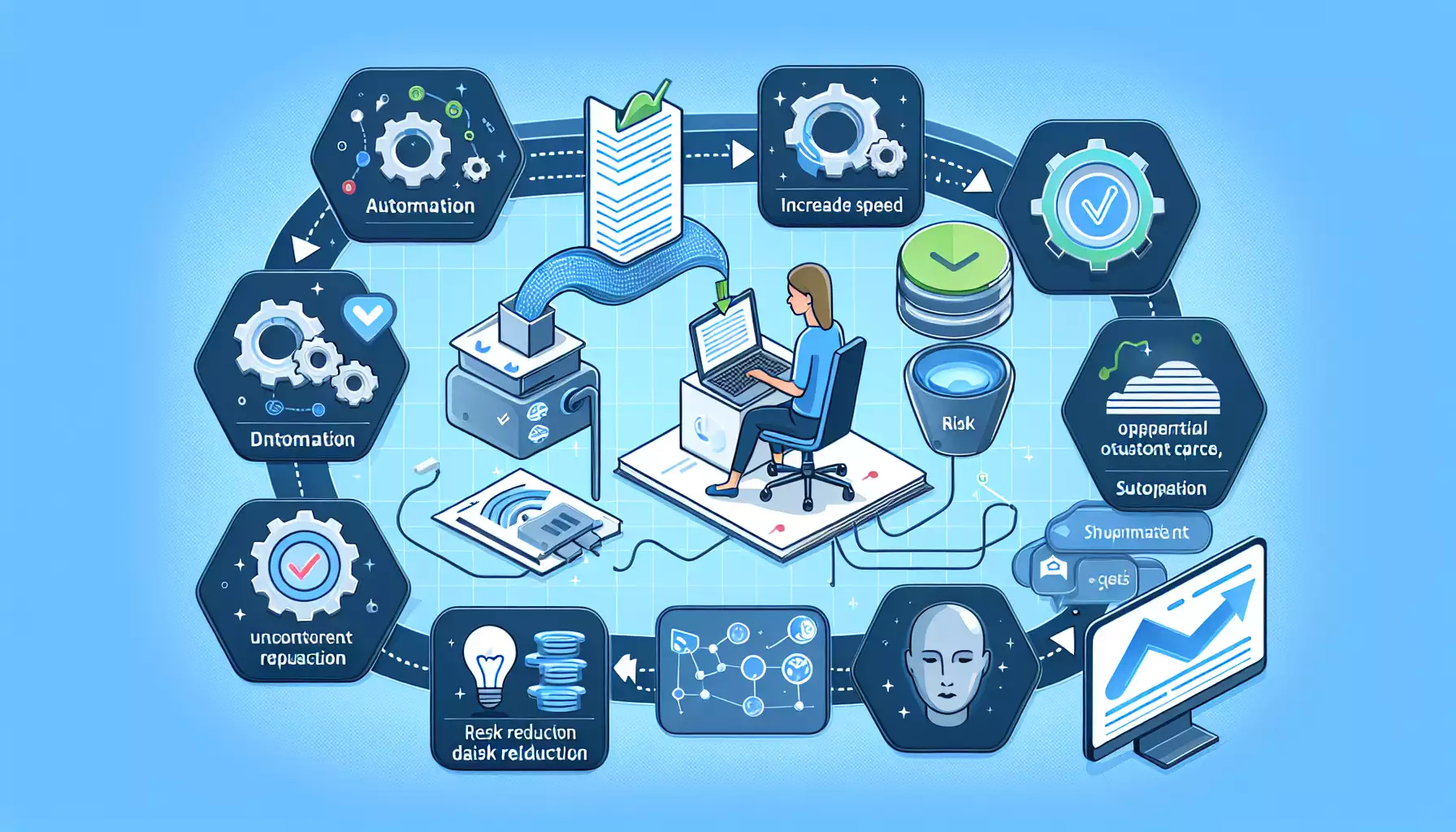AI Implementation: From Strategy to Practice

Introduction
In the era of digital transformation, embedding artificial intelligence (AI) into business processes has become a key driver of competitiveness. Let’s explore an AI implementation strategy, its benefits, risks, and real-world adoption examples across various industries.
Why AI Implementation Matters
- Increased process efficiency
- Automation of routine tasks and cost optimization
- Improved service and product quality
| Factor | Description |
|---|---|
| Implementation Strategy | A clear plan and step-by-step guidance |
| Implementation Cost | Development and deployment costs depend on the scope and complexity of the data |
| Implementation Outcomes | Profit growth, cost reduction, and new service offerings |
AI Implementation Workflow
Key Areas for AI Adoption
- Organizational functions (HR, logistics, sales)
- Manufacturing and industry
- Healthcare and medicine
- Education
- Generative AI and AI assistants
Examples and Case Studies
| Industry | Example | Outcome |
|---|---|---|
| Sales | Chatbot / AI agent deployment | +30% conversion rate |
| Manufacturing | Predictive maintenance service | −20% downtime |
| HR | Resume scoring | −50% candidate screening time |
| Logistics | Route optimization | −15% transportation costs |
Successful AI Adoption Cases
Below are successful AI adoption cases across various sectors:
Healthcare
- Image Diagnostics (radiology, mammography)
• Google DeepMind & Moorfields Eye Hospital: an AI model for analyzing OCT retinal scans achieved expert-level accuracy.
• Aidoc, Zebra Medical Vision: automated triage of urgent CT scans (strokes, hemorrhages). - Personalized Medicine
• IBM Watson for Oncology: chemotherapy regimen recommendations based on patient histories and published research.
- Image Diagnostics (radiology, mammography)
Finance & Insurance
- Fraud Detection
• PayPal, Mastercard, JPMorgan Chase: real-time transaction analysis and anomaly blocking with ML models. - Credit Scoring
• Zest AI, Upstart: alternative scoring models that factor in behavioral patterns alongside credit history.
- Fraud Detection
Retail & E-commerce
- Recommendation Personalization
• Amazon: “Customers who bought this…” engine using collaborative filtering.
• Netflix: content suggestions based on viewing histories and user ratings. - Supply Chain Optimization
• Walmart, Zara: AI solutions forecast demand, optimize inventory and logistics, reducing costs.
- Recommendation Personalization
Automotive
- Advanced Driver Assistance Systems (ADAS) & Autopilot
• Tesla Autopilot, GM Super Cruise: deep neural networks for lane, sign, and obstacle recognition. - Manufacturing Robots
• BMW, Toyota: vision-guided robotic manipulators for flexible assembly and quality control.
- Advanced Driver Assistance Systems (ADAS) & Autopilot
Agriculture
- Precision Farming
• John Deere See & Spray: drones and neural networks identify weeds and apply herbicides locally. - Yield Prediction
• Climate Corporation: AI models analyze weather and soil data, offering crop rotation and irrigation advice.
- Precision Farming
Smart Cities & Infrastructure
- Traffic Management
• London, Barcelona: traffic signal and camera data analysis to optimize flow and reduce congestion. - Energy Management
• Google DeepMind & Google Data Centers: 30% reduction in cooling energy use via load forecasting and dynamic ventilation control.
- Traffic Management
Customer Support & HR
- Chatbots & Virtual Assistants
• Bank of America Erica, Sberbank “Salute”: automated customer query handling in apps and messengers. - Recruitment Automation
• Unilever: AI resume screening and video interviews cut hiring time by 75%.
- Chatbots & Virtual Assistants
Scientific Research
- Bioinformatics & Drug Discovery
• DeepMind AlphaFold: predicting protein 3D structures with groundbreaking accuracy, accelerating drug development. - Climate Modeling
• IBM Green Horizons: air quality and emissions forecasting using meteorological and industrial data.
- Bioinformatics & Drug Discovery
These examples demonstrate how AI boosts efficiency, cuts costs, improves service quality, and accelerates innovation across diverse fields.
Risks and Challenges of AI Implementation
- Lack of skilled AI implementation specialists
- High deployment costs
- Regulatory and legal uncertainty
- Employee resistance
Strategy and Stages of AI Implementation in Business Processes
Conclusion
Implementing AI in an organization’s business processes unlocks new opportunities and advantages: increased productivity, new AI-driven offerings, automation, and profit growth. Book a turnkey AI implementation—from pilot phase to full-scale rollout.



